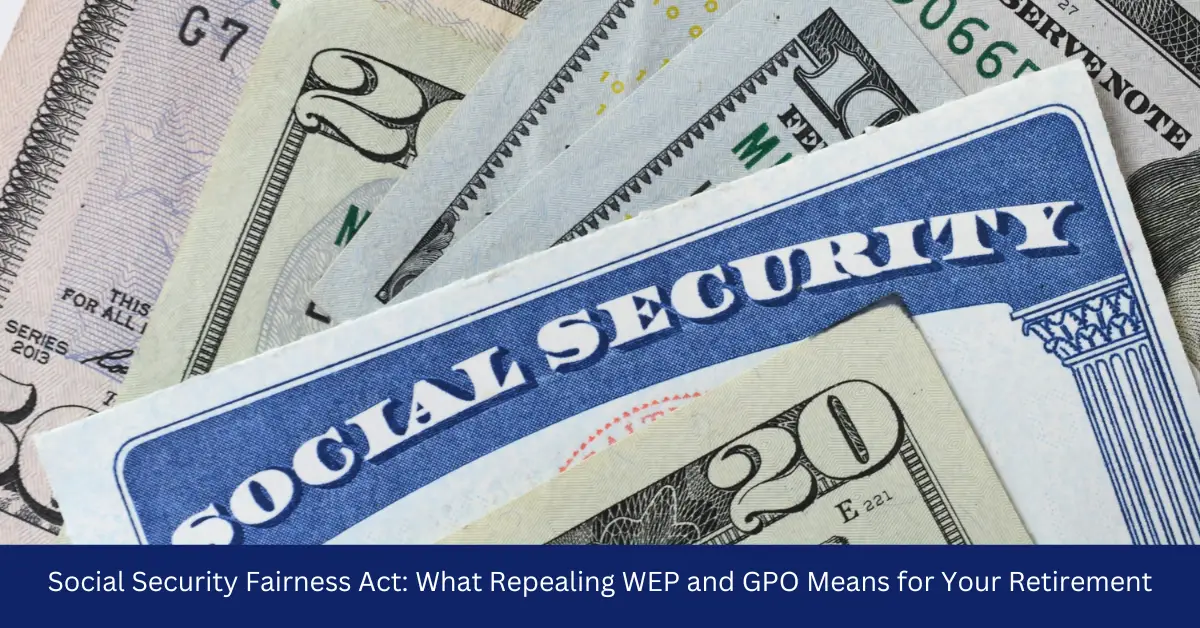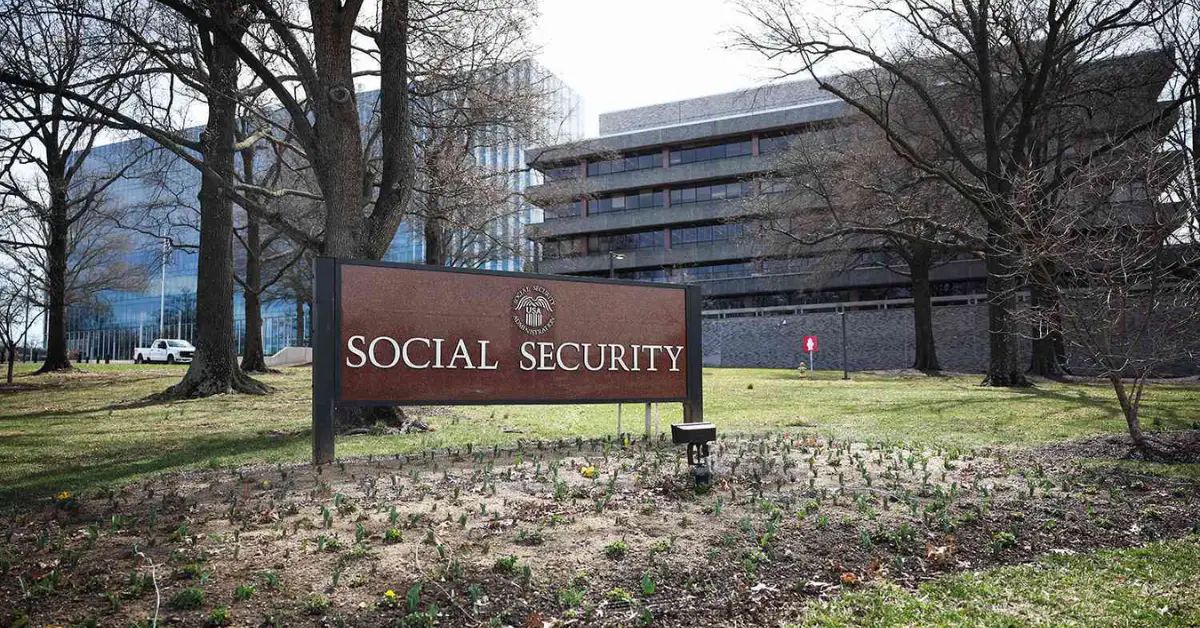The Social Security Fairness Act is a critical piece of legislation that is gaining attention in the United States. This law aims to repeal two specific provisions within the Social Security system that have been controversial for years: the Windfall Elimination Provision (WEP) and the Government Pension Offset (GPO).
These provisions currently affect the way Social Security benefits are calculated for certain public sector employees, including teachers, police officers, and firefighters. Repealing WEP and GPO could have a significant impact on the retirement planning of millions of Americans.
What is WEP and GPO?
Before diving into the potential changes, let’s break down what WEP and GPO are and how they affect Social Security benefits.
Windfall Elimination Provision (WEP)
WEP is a rule that reduces Social Security benefits for individuals who have worked in jobs where they did not pay Social Security taxes. These individuals often worked for state and local governments in jobs such as teaching, police work, or firefighting. They may also have worked in other public sector roles that do not participate in Social Security.
The WEP reduces the Social Security benefits of these workers, even if they have paid into Social Security for other jobs. Essentially, the provision “penalizes” individuals who have a mix of public sector and private sector employment, by calculating their Social Security benefits using a formula that is different from the one used for most people.
This change results in lower Social Security benefits for those individuals, which can have a significant impact on their retirement income. Some people may not even be aware of how WEP affects their Social Security benefits until it’s too late.
Government Pension Offset (GPO)
The GPO is another provision that affects public sector workers, specifically those who are married to someone receiving Social Security benefits. Under the GPO, if a person receives a pension from a government job that doesn’t participate in Social Security, their Social Security spousal or survivor benefits will be reduced.
For example, if a public school teacher has a pension from their teaching job, and their spouse is eligible for Social Security benefits, the teacher may see a reduction in the spousal benefit they would receive from their spouse’s work history. The GPO reduces these benefits dollar for dollar, which can leave many public sector workers in a difficult financial situation.
How the Social Security Fairness Act Will Impact You
The repeal of WEP and GPO could have a big impact on many Americans, especially those who have worked in public sector jobs. If this law passes, it will bring much-needed fairness to the Social Security system, as it will eliminate these penalties for workers who are currently affected by WEP and GPO.
Fairer Social Security Calculations
One of the most significant changes would be the removal of the WEP, which has long been criticized for unfairly reducing Social Security benefits for workers who have spent part of their careers in public service. By repealing this provision, workers who WEP impacts will see an increase in their Social Security benefits. This is especially important for teachers, police officers, firefighters, and other public sector employees who have worked hard and contributed to their communities.
For many public sector workers, their retirement benefits from Social Security are a crucial part of their financial planning. Repealing WEP means that these workers will no longer face a penalty for having worked in a job that did not pay into Social Security. As a result, they will receive a more accurate and fair calculation of their benefits, making it easier to plan for their retirement.
Enhanced Spousal and Survivor Benefits
Repealing the GPO is another significant aspect of the Social Security Fairness Act. Many public sector workers, especially women, are impacted by the GPO because they rely on spousal or survivor benefits. If this provision is repealed, these workers will no longer face a reduction in their spousal or survivor benefits simply because they have a pension from a government job.
For married couples, this could mean a more secure financial future in retirement. Spousal benefits are an essential part of Social Security for many Americans, and eliminating the GPO would allow these benefits to be paid in full to public sector workers who are married to someone eligible for Social Security.
Who Will Benefit from the Social Security Fairness Act?
The repeal of WEP and GPO will have a positive impact on millions of Americans who have worked in public service jobs, particularly those in education, law enforcement, and emergency services. Teachers, police officers, firefighters, and other public employees will see an increase in their Social Security benefits if these provisions are repealed.
Additionally, spouses of public sector workers will benefit from the repeal of the GPO, as they will no longer see their spousal benefits reduced due to their partner’s pension. This could help improve the retirement security of many families who rely on both Social Security and pension benefits.
Potential Challenges
While the Social Security Fairness Act has strong support among many public sector employees and advocacy groups, there are still some challenges ahead. Repealing WEP and GPO will require significant changes to the Social Security system, and there may be political opposition to the law. Some critics argue that the changes could increase the financial burden on the Social Security Trust Fund, which is already facing long-term financial challenges.
However, supporters of the bill argue that repealing WEP and GPO is a matter of fairness and that these provisions have unfairly penalized public sector workers for too long. They believe that eliminating these penalties will help improve the financial security of millions of Americans in their retirement years.
Conclusion
The Social Security Fairness Act represents an important step toward addressing the inequities in the Social Security system for public sector workers. By repealing WEP and GPO, this legislation would ensure that workers who have dedicated their careers to serving their communities are not unfairly penalized when it comes to their Social Security benefits.
If you are a public sector worker, it is important to stay informed about the progress of this legislation and understand how it may impact your retirement planning. While challenges remain, the Social Security Fairness Act could bring about significant changes that improve the retirement security of millions of Americans.
Disclaimer: This article has been meticulously fact-checked by our team to ensure accuracy and uphold transparency. We strive to deliver trustworthy and dependable content to our readers.




